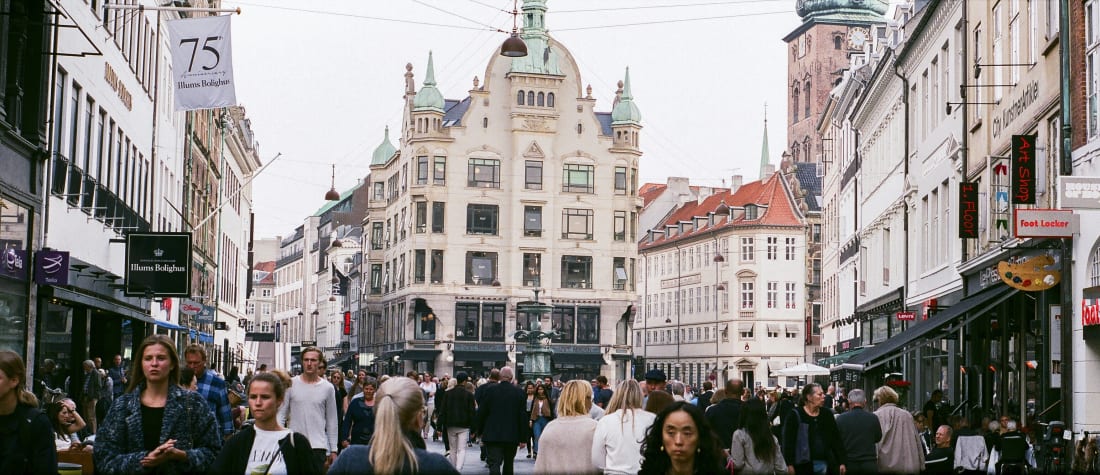
Students at the University of Saskatchewan with an interest in international goings-on can now more easily get a piece of paper acknowledging this through the newly renovated global studies certificate. The program is open to students of any discipline and even non-degree students.
The global studies certificate is a program offered by the U of S that aims to give students from different academic backgrounds an opportunity to develop an understanding of our global climate and to make local, national and international connections.
This program has been running at the university since 2015 and has recently seen an increase in the number of courses that count towards the certificate, from 150 to 315 courses. It is partnered with eight colleges across campus but available to all students. The program intends to promote international awareness on campus, to promote international thinking and to create connections between Saskatoon, Saskatchewan, Canada and the world.
Political studies professor Martin Gaal has been working closely on the approval, networking and promotion of the certificate. After earning a Bachelor of Arts in International Relations at the University of British Columbia, he travelled the world and earned his PhD in Belgium. For Gaal, these experiences are important for all students.
“I was really looking for a means to introduce students into a similar awakening that I experienced when I saw the world and realized that things are done differently in different places,” Gaal said. “Saskatchewan has a lot of international connections, … but there wasn’t a lot on campus that brought that all together, and so, the global studies certificate allows students to take a couple classes … and connect their studies to the wider world.”
At first glance, the program may seem relevant for only international studies or humanities students, but it is open to and beneficial for all students.
“Say you’re an engineer at the U of S, and you have this opportunity to demonstrate your ability to integrate a work abroad — you can demonstrate your understanding of the issues that are happening in the world,” Gaal said. “The certificate allows for students to take their degree [and] plug in this international component to it, both for themselves and also for trying to find their important opportunities afterwards.”
However, unlike a minor, Gaal points out that this certificate can be completed without an accompanying degree.
“This allows people who want to just demonstrate some competency in international affairs. They can actually walk graduation, cap and gown, and get their piece of paper,” Gaal said. “It allows them to pursue their goals without having to undertake an entire degree.”
Gaal says the program is also becoming available for international students, giving them an opportunity to become fully immersed in local culture and climate, political or otherwise.
In addition to on-campus classes, students aiming to complete the global studies certificate can also do so by taking International Studies 202, a class that can be satisfied by studying abroad. Gaal says that this experience is significant to the certificate but that it is not integral.
“We try to encourage students as much as possible to [travel abroad], and that international component is a requirement of capstone IS 202. That being said, we also know that not all students have the means,” Gaal said. “Even though the college and the university can be quite generous, … it’s still not possible for everybody.”
For more information about the global studies certificate, head over to the U of S website under admissions.
—
Tomilola Ojo
Photo: Michael Bergen / File
Leave a Reply